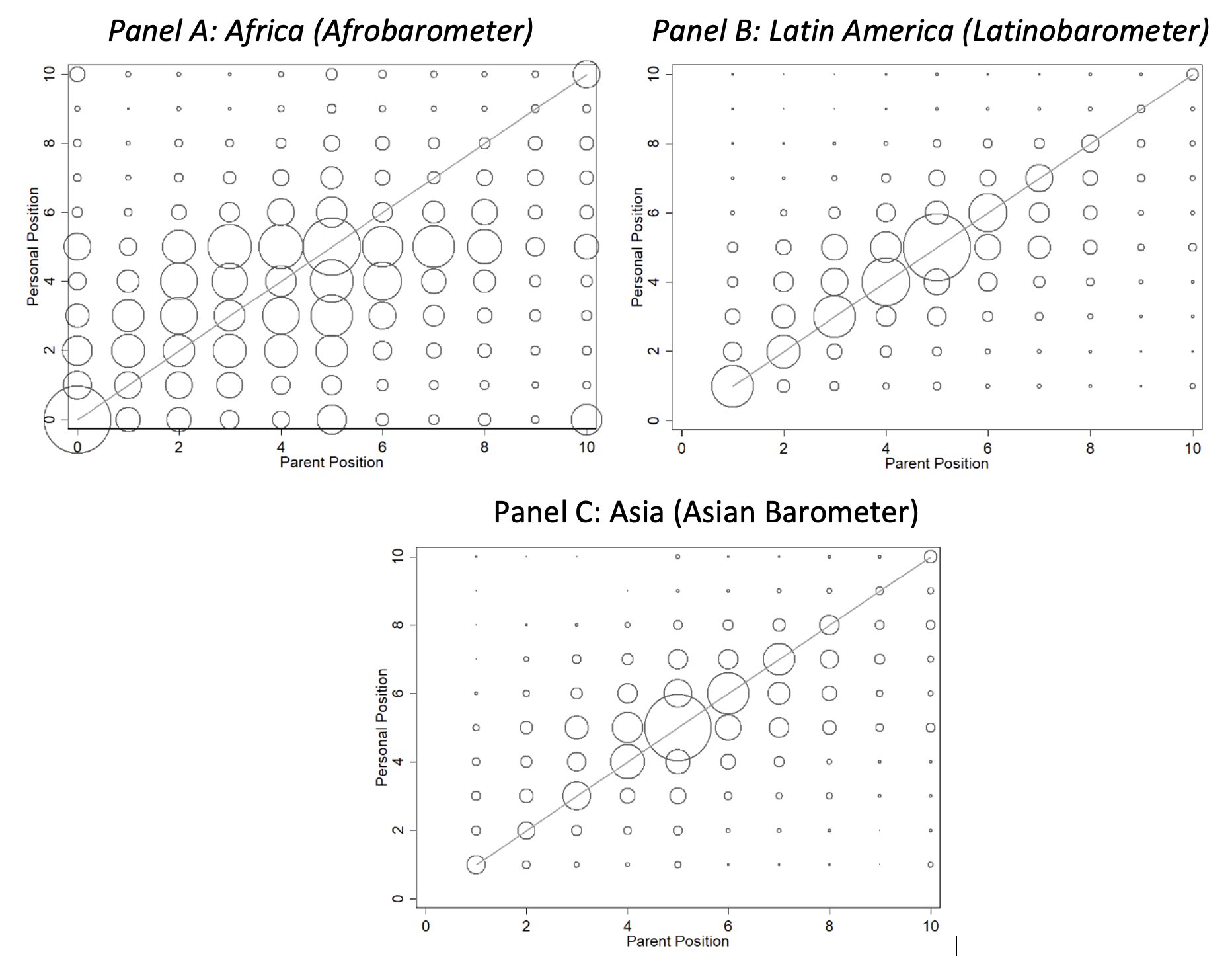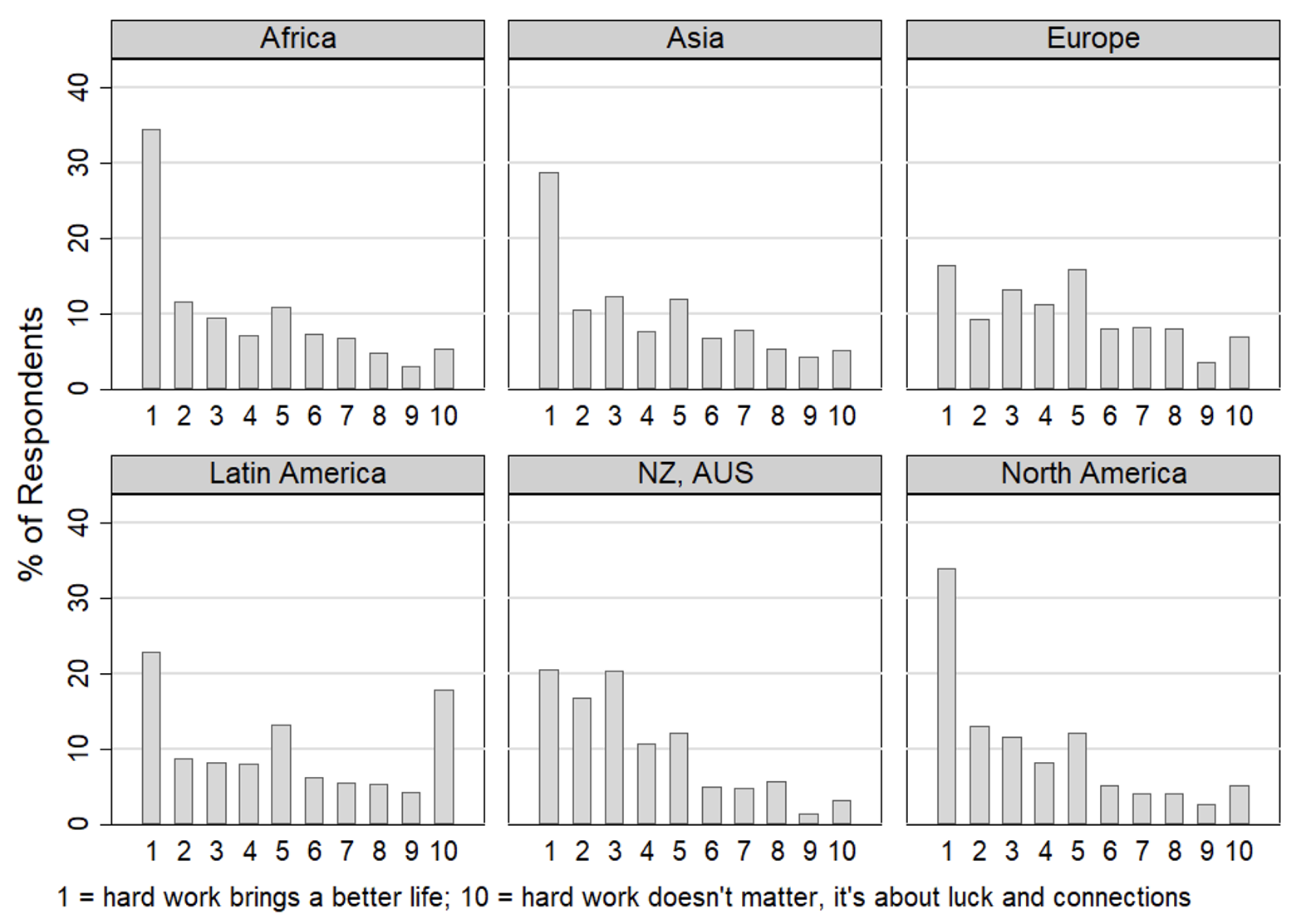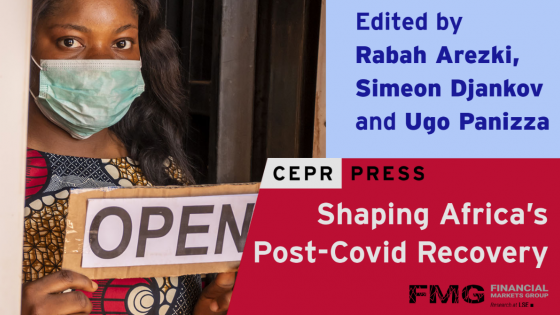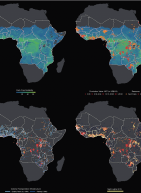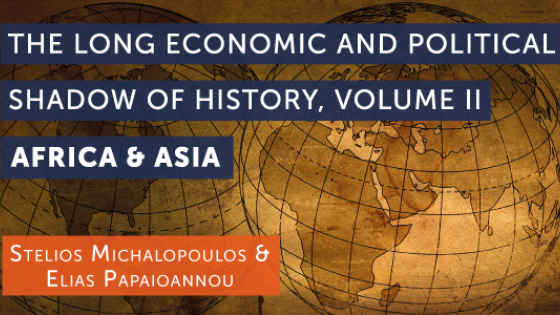How will Africa adjust to the COVID pandemic (Arezki et al. 2021)? Can it overcome the deep negative legacies of the slave trade (Nunn 2008) and colonialism (Heldring and Robinson 2013, Michalopoulos and Papaioannou 2017, Roessler et al. 2020) or deal with the mounting challenges of climate change (Rohner 2021)? Are there reasons to be optimistic about Africa’s development futures, and if so what are they?
In our research, we identify three latent assets which we argue suggest that there may be very different and much better economic times ahead for Africa (Henn and Robinson 2021). To see why this is plausible, note that while Africa might have had a very bad 400 years, prior to 1978 China had had at least a very bad 200 years. By the second half of the 18th century, the Qing state was collapsing fiscally and wracked by corruption. The granary system of social insurance withered away, the Grand Canal silted up, and China was convulsed by civil wars such as the Taiping rebellion. The Imperial state collapsed, there was rampant warlordism, a Communist revolution, the Great Leap Forward, and then the Cultural Revolution. But despite all these calamities, it turned out that China has large latent advantages, or assets, on which economic prosperity could be built. A central one was a social norm that, as Confucius put it, one should “promote those who are worthy and talented” (2003: 138). The norm of meritocracy turned out to be a powerful sociological principal on which to build an inclusive market economy.
Africa has latent assets too, indeed the first we identify – that African societies are based on achieved status – is closely related to Chinese meritocracy. The achievement basis of African society is also deep seated. In historic Africa, even slaves who had the capacities got to the top. We illustrate this fact with ethnographic and historical evidence and also several sources of statistical information. For example, survey data on perceived and expected social mobility shows Africa to be the most socially mobile part of the world. Africans are also the most optimistic about future mobility. Figure 1 uses a variety of comparable surveys to plot a person’s stated income on the vertical axis and their parent’s income on the horizontal axis. In places with little social mobility, such as in Latin America in Panel B, the data are clustered on the 45° line. But, as Panel A shows, for Africa the data are spread everywhere. This shows that a person’s income is not predicted by their parent’s income – a situation with high social mobility. In fact, social mobility is higher in Africa than in Asia (Panel C) and even than in the US.
Figure 1 Perceived mobility by region
Anticipated social mobility of children is even higher than the data in Figure 1 suggests. This has important consequences. For example, despite the cliché that Africa is a continent of corruption where connections and social networks are critical to people’s opportunities, in fact, as Figure 2 shows, in the World Value Survey, Africans are more likely to say that the way to get ahead economically is via hard work and this is much more important than ‘luck and connections’. Their opinions about this are similar to those of people in the US. We also show that these beliefs manifest themselves in the types of attitudes they transmit to their children.
Figure 2 Importance of hard work versus luck and connections, by region (World Value Survey)
The second latent asset we call ‘scepticism of authority’. Unlike many societies in East Asia, Africa is much more like Western liberal democracies in its anticipation that political power will be abused. African oral history and political theory is full of the anticipation of miss-rule, often in the form of a “drunken king'” (de Heusch 1982), and it generally lacks the notion of a “redeemer” (Krauze 2011) or charismatic personal rule so central to the emergence of populism in Latin America and elsewhere. This scepticism has of course not stopped power being abused in post-colonial Africa, but we argue that, just as in the US at the time of the Constitution, this scepticism can provide the basis for building inclusive and effective political institutions. We illuminate this by presenting data on attitudes in Africa towards one-man rule and we show how these are related to the history of political development in Africa.
The final asset we identify is ‘cosmopolitanism’. Because of the heterogeneous and small-scale nature of historical African society, Africans endlessly had to deal with differences – different languages, different cultures, different histories. This is reflected in African languages where the word for “stranger” is typically the same word as for “guest”. We argue that this makes Africans the most able culturally to cope with a modern globalised world; people who can deal with difference and adapt will succeed. Though much social science attempts to portray this diversity as a burden, which may be true in some specific contexts, we argue that it is in fact an asset. One way we illustrate this asset is by showing that Africa is the most multi-lingual continent in the world. Though it may not be specifically advantageous to speak Lingala or Kikongo in New York, London or Paris, the ability and willingness of Africans to master so many languages is indicative of the great suppleness of cosmopolitan African society and in line with a recent literature in social psychology, it helps Africans to take and appreciate the perspectives of others (Kinzler 2020).
Thus far these assets are latent and we do not underestimate the challenges to building better institutions in Africa in the difficult context that colonial powers bequeathed (Acemoglu and Robinson, 2012). Moreover, the analogy to China is made complicated by the fact that unlike Africa, China has a long history of consolidated state authority with a common system of writing and something approximating a common culture. These features almost certainly helped Deng Xiaoping move the country onto a path of reform. Yet, these features also helped implement the Great Leap Forward and the Cultural Revolution. It is not obvious that the type of challenges that Deng overcame are larger than those that face African leaders. Moreover, many doubt that the hegemony of authoritarianism is consistent with sustaining the prosperity that China has generated in the past 40 years. Here Africa may have systematic advantages over China.
References
Acemoglu, D and J A Robinson (2012), Why Nations Fail, Crown.
Arezki, R, S Djankov and U Panizza (2021), Shaping Africa’s Post-Covid Recovery, CEPR Press.
Confucius (2003) Analects, Hackett.
de Heusch, L (1982), The Drunken King, or, The Origin of the State, Indiana University Press.
Heldring, L and J A Robinson (2013) “Colonialism and Development in Africa”, VoxEU.org, 10 January.
Henn, S J and J A Robinson (2021), “Africa’s latent assets,” NBER Working Paper 28603.
Kinzler, K D (2020), How You Say It: Why You Talk the Way You Do―And What It Says About You, Houghton Mifflin Harcourt.
Krauze, E (2011), Redeemers: Ideas and Power in Latin America, Harper.
MacMillan, M (2014), “What is driving the ‘African growth miracle’?”, VoxEU.org, 30 August.
Michalopoulos, S and E Papaioannou (2017), The Long Economic and Political Shadow of History, Volume II: Africa and Asia, CEPR Press.
Nunn, N (2008), “The Long Term Effects of Africa's Slave Trades”, Quarterly Journal of Economics 123(1): 139-176.
Roessler, P, Y Pengl, R Marty, K Sorlie Titlow and N van de Walle (2020), “Extractive colonial economies and legacies of spatial inequality: Evidence from Africa”, VoxEU.org, 6 December.
Rohner, D (2021), “Boiling Point in Africa”, VoxTalk, 22 January.

